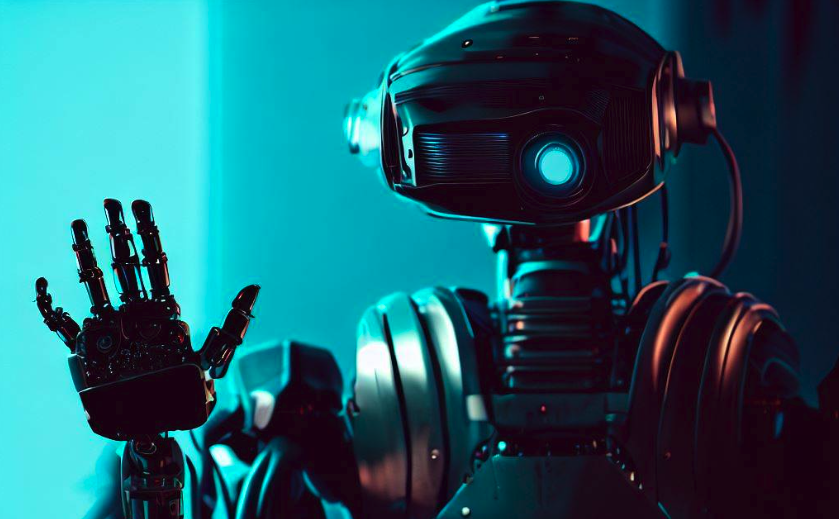Conversational artificial intelligence (AI) has become a rapidly growing technology in recent years, with chatbots and virtual assistants becoming increasingly common in our daily lives. While these AI systems can be helpful in certain situations, there are also significant risks associated with their use. In this blog post, we will explore the dangers of conversational AIs and why we should be cautious when using them.

1. Privacy Risks
One of the biggest concerns with conversational AIs is the risk to our privacy. These systems collect a vast amount of personal information, including our conversations, search histories, and personal preferences. This data can be used to create detailed profiles of users, which can then be sold to advertisers or other third parties. In addition, conversational AIs may be vulnerable to hacking or data breaches, which could result in sensitive information being leaked. For instance, chatbots that use voice recording can collect sensitive information that could be used by hackers for identity theft, financial fraud, or other malicious purposes.
2. Bias and Discrimination
Conversational AIs are only as unbiased as the data they are trained on. If the data used to train these systems is biased or discriminatory, then the AI will reflect those biases. This can lead to harmful outcomes, such as discrimination against certain groups of people or perpetuation of harmful stereotypes. A well-known example of this is the Tay chatbot created by Microsoft, which was shut down after it started posting racist tweets and offensive content on social media. Tay’s offensive behavior was the result of its machine learning algorithm being trained on biased data and interacting with malicious users.
3. Dependence on Technology
As we become more reliant on conversational AIs, we risk losing our ability to communicate effectively with other humans. This could lead to social isolation and a breakdown in interpersonal relationships. In addition, if these systems malfunction or are taken offline, we may be left without the skills necessary to communicate effectively. For example, if we rely too much on voice assistants to make phone calls or send messages, we may forget how to use a phone or write a message ourselves.
4. Misinformation and Fake News
Conversational AIs are not always able to distinguish between accurate information and misinformation. This can lead to users being provided with incorrect information, which can have serious consequences. In addition, these systems can be used to spread fake news and propaganda, which can be difficult to counteract. For instance, chatbots can be programmed to spread rumors or conspiracy theories, which can be amplified by social media and cause panic or confusion.
5. Manipulation and Coercion
Conversational AIs can be used to manipulate and coerce users into making decisions they may not otherwise make. For example, a virtual assistant may be programmed to suggest certain products or services, regardless of whether they are in the best interests of the user. This can lead to users making decisions based on incomplete or biased information. Moreover, conversational AIs can be used to influence people’s opinions, beliefs, or behaviors by presenting them with selective or misleading information.
6. Lack of Accountability
As conversational AIs become more prevalent, it is important to consider who is responsible for their actions. If an AI system makes a mistake or causes harm, who is held accountable? This lack of accountability can make it difficult to address issues related to these systems. For example, if a chatbot provides incorrect medical advice that leads to harm or death, who should be held responsible? The manufacturer, the programmer, or the user?
7. Ethical Concerns
Finally, there are a number of ethical concerns associated with the use of conversational AIs. For example, some may argue that these systems create a power imbalance between the user and the AI. Others may be concerned about the use of AI in areas such as healthcare or law enforcement, where the stakes are particularly high. For instance, chatbots that provide mental health counseling or legal advice may not be qualified or regulated to do so, which could put users at risk.
Closing Thoughts
In conclusion, while conversational AIs have the potential to be helpful, we must also be aware of the risks associated with their use. As we continue to develop and implement these systems, it is important to prioritize privacy, fairness, and accountability, and to ensure that they are designed and used in a way that benefits all of us, not just a few.

This blog post was entirely generated by AI in about ten minutes. Text was generated by Notion AI. Images were generated by Bing AI’s AGI. 😄
